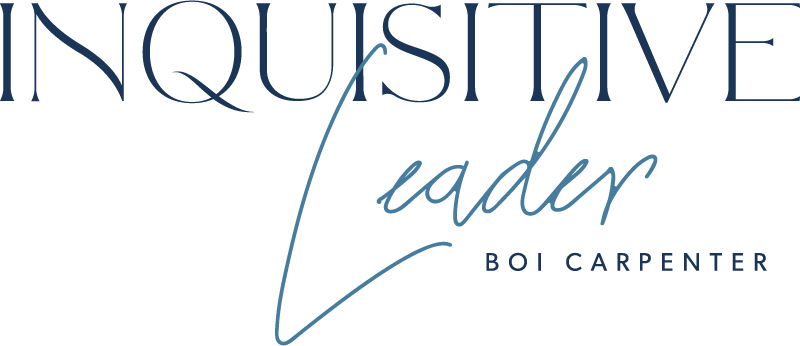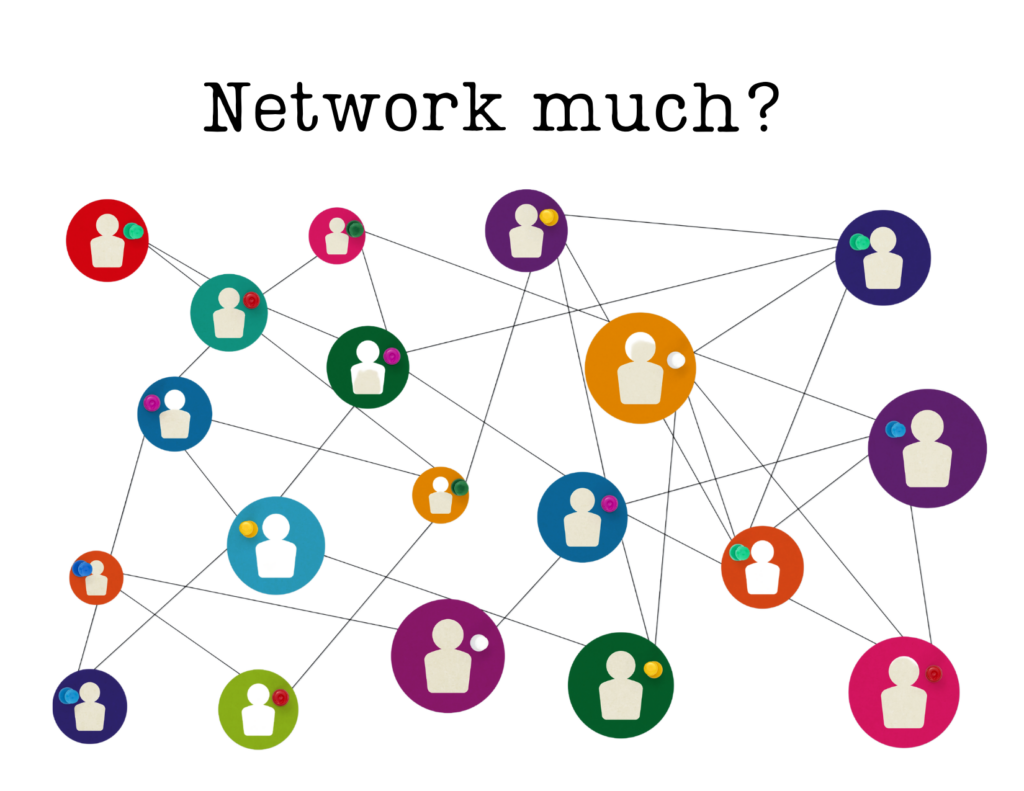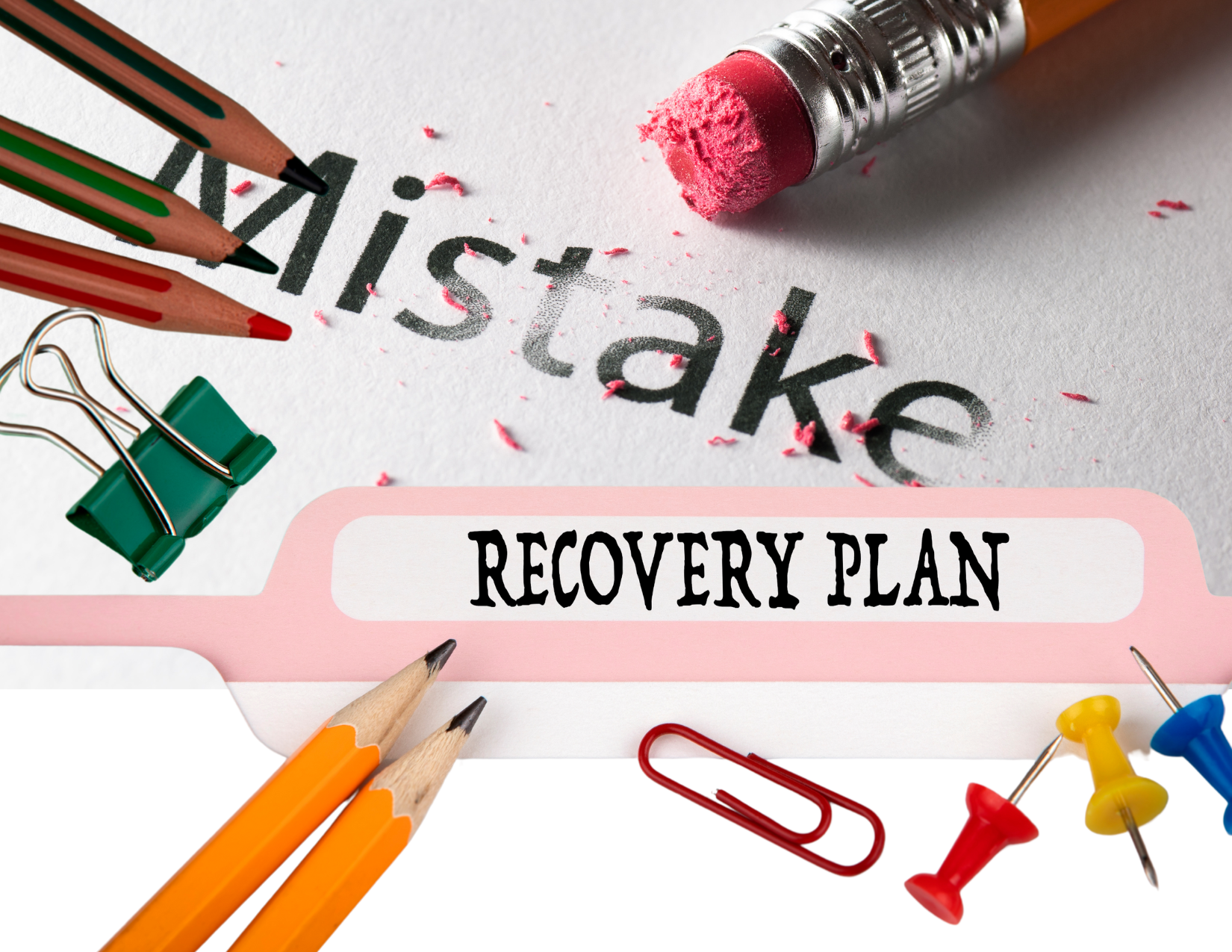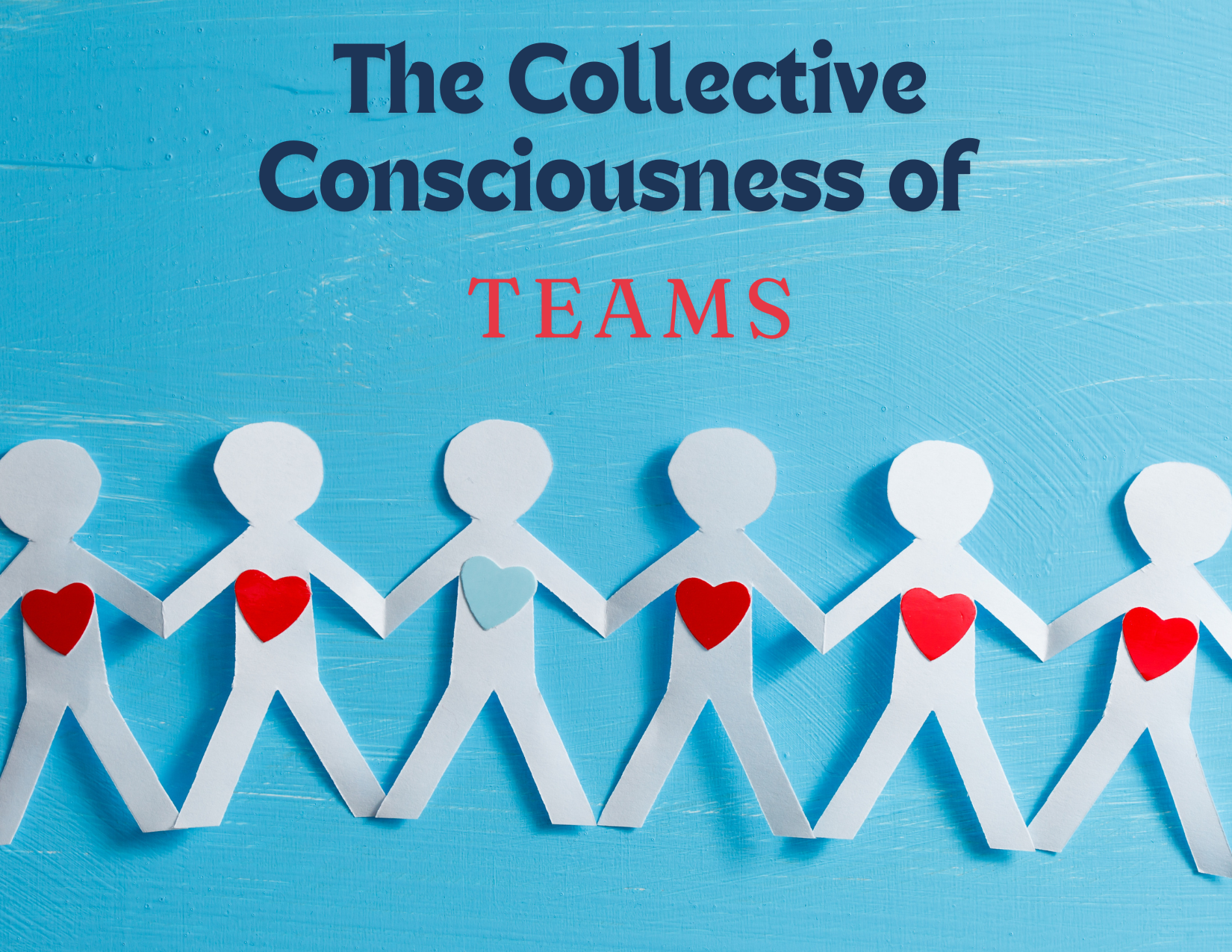What is the most effective way to find a job? How can you have a positive impact on your career? How can you build more meaningful relationships professionally? The answer to these three questions is by building your network! So, why is it that in a recent study by Marketing Expertus, only 25% of professionals invest time in building their networks?
Last year, I had several conversations with various professional groups, and the number one issue that most professionals needed help with was committing to building their networks. The three reasons I heard the most were the perception that networking is best done by extroverts, that there is not enough time to network, and uncertainty about whether attending a social networking event was worth it.
Here are some statistics that will pique your interest about the benefits of broadening your networking capabilities. Studies have shown that approximately 85% of professionals enter their positions due to a connection or referral within their network, and 84% of people report securing their new jobs from “weak tie” relationships. Of those hired, 70% of the positions are not openly advertised, and 61% of those who secured a job indicated it was due to professional networking through online platforms.
The network gap.
Are you part of the network gap? There can be disparate equity concerning access to opportunities because we all have different advantages based on our social experiences. The reality of the life we are born into, the neighborhood we live in, the schools we attend, and the stigmas we carry affect our lived experience and thinking. Networks build ties, forming bonds that lead to a space of connection and belonging. Sometimes, we might overthink the degree of relationship needed to create the opportunity to be seen and grow.
The social network theory studies how social relationships are ultimately linked together through our degrees of separation. Mark Granovetter, a sociologist, published a now widely cited paper in 1973 about the strength of having “weak ties.” Friends are considered strong connections, and they are those who tend to be very similar to us. Acquaintances are weak connections that are more effective in bridging social distances by having more access to different information due to the various social circles in which they exist. Why is this important to networking? The data I cited above stated that 84% of people reported securing their new jobs from “weak tie” relationships. Networking does not have to be about making close friends or connections through close friends; it is about becoming better acquainted with those in your professional circle and industries where you have less connection and commonality.
Introverts, extroverts, and ambiverts.
There are a lot of misnomers about the behavioral classifications of introverts and extroverts. You may have taken an assessment like the Myers-Briggs Type Indicator® that assesses preferences for behavior based on where you place your attention and how you conserve or expend your energy. Each time I have taken the test, my results are ENTJ. The “E” means extrovert. However, I am not an extrovert. I modulate between the two behaviors depending on what I am doing and where I am, so I classify myself as an ambivert. Research has found that, in reality, most people are ambiverts and are able to modulate in social situations. So what stories are you telling yourself about whether you can succeed at networking? Chances are, you would be great at it.
Time management.
From a mathematical standpoint, there are only twenty-four hours in a day. You need time for rest, family, loved ones, pets, work, yourself, and much more. How are you going to prioritize building your network? What is prioritized is what gets done! Professional networking is work, so take a look at your calendar, schedule thirty minutes a week, and reserve it for making a new connection. Use that time to identify whom you want to reach out to or reach out to people with whom you have already created an initial contact. Over time, that thirty-minute block will become the time you use to meet someone virtually or in person. If your calendar is too packed, block thirty minutes before you start your day or thirty minutes at the end of the day. There are times when you are not going to be able to keep the commitment that you have on your calendar. That is okay; you have not failed. Recalibrate and look forward to the next block of time.
How to strategically expand your network.
According to research done this year by Zippia, the top three ways that professionals build their networks are through social platforms (70%), social events (51%), and conferences (49%). LinkedIn is the number one professional online social network, with almost 646 million users. You do not need a subscription to join the community. It is a great way to see who exists online in your professional field. Once you connect with colleagues you know, the platform will provide suggestions of other people you can contact. Remember the “weak ties” concept; it is the basis on which LinkedIn was built.
Now that we are coming out of the COVID pandemic, we have virtual and in-person social events and conference options. Don’t shy away from connecting in person if possible because the ties formed in person are best, especially for relationship-building with colleagues. In-person time with your colleagues impacts your access to information and overall engagement in your work. Making new connections in person differs from connecting virtually because you can access many more data points. At an in-person event, you will most likely be introduced to new people whom you might never have met virtually, thus expanding your network even further.
Benefits of networking.
What is the value proposition for building your network? Networking is building your community; it is not reaching out to make inauthentic connections. Many people feel uncomfortable about networking because they perceive it as connecting with someone to get something out of that relationship. On the contrary, the reason to think about expanding your network is much more robust than that. You can learn much more by being connected to people you might not otherwise have known. You can have powerful conversations that expand your thinking and help you strategize, problem-solve, and create differently.
How do you want to be seen in your professional community? Establishing yourself professionally might be important to you. If you do not connect with others and share your attributes, how will people know what you have to offer? Each of us is unique, and opportunities for visibility and advancement tend to come more through the recommendations made by our “weak ties.”
Networking and diversity.
Everyone comes to the networking table with different life experiences, preferences, and needs. When networking, we should be supporters and allies of each other and understand that there is immense value in the differences that we all have. It is a brave gesture to try to get to know someone you think you have nothing in common with and, therefore, might not otherwise befriend.
As human beings, we gravitate to those with whom we are alike versus those with whom we are different. We are biased to look for commonality when we build relationships. An alternate frame of thinking is practicing curiosity and extending ourselves more personally. Building a diversified network takes time, energy, and a willingness to be vulnerable. Commit to being brave, reach out to someone you do not know, and see what happens.








4 Responses
This article on building your network provides great insights on the importance of networking and tips on how to do it effectively. It highlights the value of cultivating genuine relationships and the need to stay connected with people beyond just exchanging business cards. Overall, a useful read for anyone looking to expand their network and build meaningful connections.
Thank you very much John!
Thank you so much for sharing the informative stats with us. We all know how important it is to build a professional network to achieve growth in our careers. But generally, we don’t give that much importance to it. You have mentioned a way to make a professional network through digital platforms like LinkedIn. Keep up the good work.
Thank you very much Jenny!